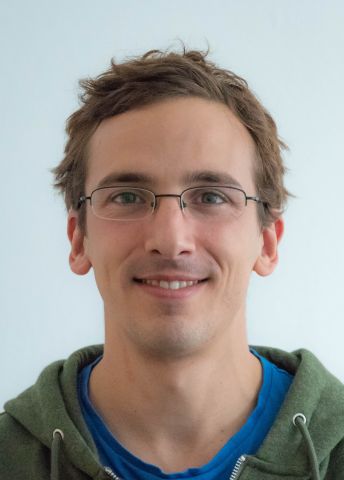
Program for mathematics 2024
Grant to recruit an international researcher
for a postdoctoral position
Dr Eusebio Gardella
Department of Mathematical Sciences at Chalmers University of Technology and University of Gothenburg
Grant to recruit an international researcher
for a postdoctoral position
Dr Eusebio Gardella
Department of Mathematical Sciences at Chalmers University of Technology and University of Gothenburg
Distinguishing simple from complex dynamics
Dr Eusebio Gardella will receive funding from Knut and Alice Wallenberg Foundation to recruit an international researcher for a postdoctoral position at the Department of Mathematical Sciences at Chalmers University of Technology and University of Gothenburg.
Many mathematical tools have been developed to describe change. These are often dynamical systems, which provide a mathematical description of how something changes or moves over time. The field is rooted in Newtonian mechanics, which can be used to describe the motion of the planets.
For atoms and particles, the laws of physics are different from those of the Newtonian mechanics that governs celestial bodies – for example, it is not possible to simultaneously specify exact values for a particle’s position and its velocity. This and other laws that apply to the microworld are described by physics’ quantum mechanics, which has a mathematical formulation that differs from classical mechanics. Operators replace classical quantities such as position and speed. One field of mathematics that provides quantum mechanics with a fitting theoretical framework is operator algebras, and particularly C*-algebras. Although they were originally concerned with atoms and particles, the theory of C*-algebras has evolved to include purely theoretical and highly abstract phenomena.
The planned research project deals with C*-algebras generated by certain types of dynamical systems. One problem that is of vital importance for the theory of C*-algebras is to determine when a C*-algebra obtained from a dynamical system belongs to the so-called classifiable class. Since C*-algebras in the classifiable class are very well understood and a lot of progress has recently been made on their properties, deciding when the C*-algebra of a dynamical system belongs to this class would open the doors to studying dynamical systems with C*-algebraic tools.